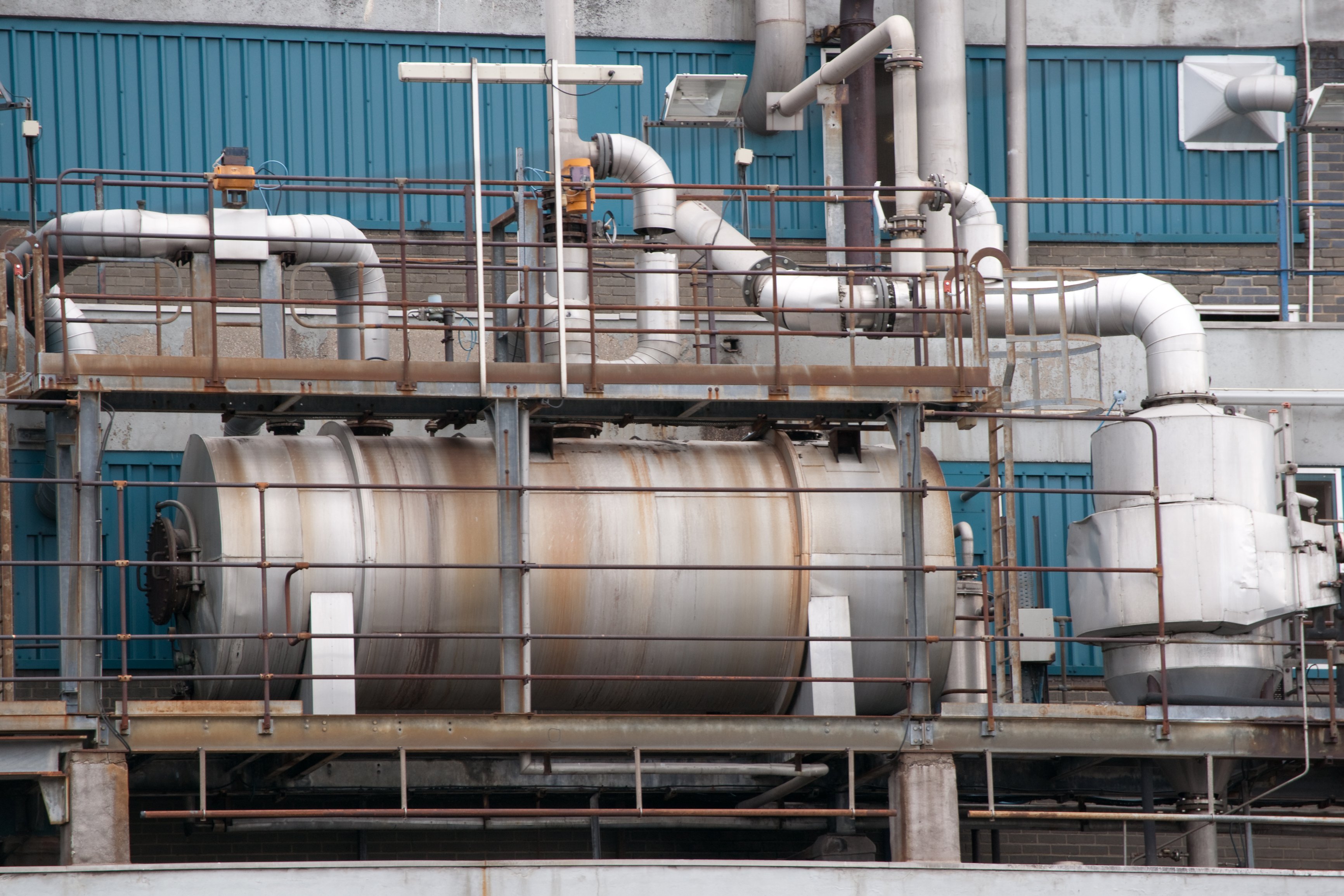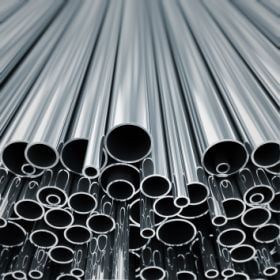ASME SA213 T5 Seamless Chrome Moly Heater Tubing
SA213 chrome moly tubing is made from a chromium-molybdenum alloy steel, which offers remarkable strength, high-temperature resistance, and excellent corrosion resistance. This tubing is specifically designed to withstand elevated temperatures and high-pressure conditions, making it ideal for applications in power generation, petrochemical, and refineries.
|
C, %
|
Mn, %
|
P, %
|
S, %
|
Si, %
|
Cr, %
|
Mo, %
|
|
0.15 max
|
0.30-0.60
|
0.025 max
|
0.025 max
|
0.50 max
|
4.00-6.00
|
0.45-0.65
|
SA213 T5 chrome moly tubing is a seamless ferritic alloy steel tubing that meets the specifications of ASTM A213. It is specifically designed to withstand high temperatures and pressures, making it suitable for applications in power plants, refineries, and petrochemical industries.
SA213 T5 tubing is made from a chromium-molybdenum alloy steel composition, which provides excellent strength, heat resistance, and corrosion resistance. The addition of chromium enhances its corrosion resistance, while molybdenum improves its high-temperature strength and creep resistance.
The seamless construction of SA213 T5 tubing eliminates the risk of weak points associated with welded tubing, enhancing its durability and resistance to stress corrosion cracking. It also offers superior dimensional accuracy, smooth internal surface, and uniform wall thickness, enabling efficient fluid flow and heat transfer.
SA213 T5 chrome moly tubing is commonly used in various heat transfer applications, such as boilers, superheaters, heat exchangers, and condensers. Its excellent heat transfer properties enable efficient energy exchange and temperature control.
Choose SA213 T5 chrome moly tubing for its exceptional strength, high-temperature resistance, corrosion resistance, and reliability in demanding environments. Trust us as your reliable supplier of top-grade SA213 T5 tubing, backed by our commitment to quality, prompt delivery, and exceptional customer service.
Request a Quote

.jpeg)

SA213 T5 tubing, made from a chromium-molybdenum alloy steel, finds extensive use in various industrial applications due to its exceptional properties. Here are some common uses and applications of SA213 T5 tubing:
1. Power Generation: SA213 T5 tubing is widely used in power plants for applications such as boiler tubes, superheater tubes, and reheater tubes. Its high-temperature resistance, strength, and corrosion resistance make it ideal for handling the demanding conditions of power generation processes.
2. Petrochemical Industry: SA213 T5 tubing is employed in petrochemical refineries for applications such as heat exchangers, process piping, and furnace tubes. It withstands high temperatures and pressure, ensuring efficient heat transfer and reliable performance in corrosive environments.
3. Refineries: SA213 T5 tubing is utilized in refineries for applications like cracking units, coker units, and distillation columns. Its ability to withstand elevated temperatures and resist corrosion makes it suitable for these harsh operating conditions.
4. Chemical Processing: SA213 T5 tubing is employed in chemical plants for various processes involving the handling of corrosive chemicals and high temperatures. It finds application in reactors, heat exchangers, and piping systems, ensuring reliable performance and longevity.
5. Automotive Industry: SA213 T5 tubing is used in the automotive sector for applications such as exhaust systems, where it provides excellent heat resistance and durability to withstand high temperatures and corrosive gases.
6. Other Applications: SA213 T5 tubing is also utilized in industries such as oil and gas, pharmaceuticals, pulp and paper, and desalination plants. It finds application in heat transfer equipment, structural components, and other critical systems where strength, heat resistance, and corrosion resistance are essential.
Overall, SA213 T5 tubing serves a wide range of applications in industries where high-temperature resistance, strength, and corrosion resistance are paramount. Its versatility and reliability make it a preferred choice for demanding industrial processes.
